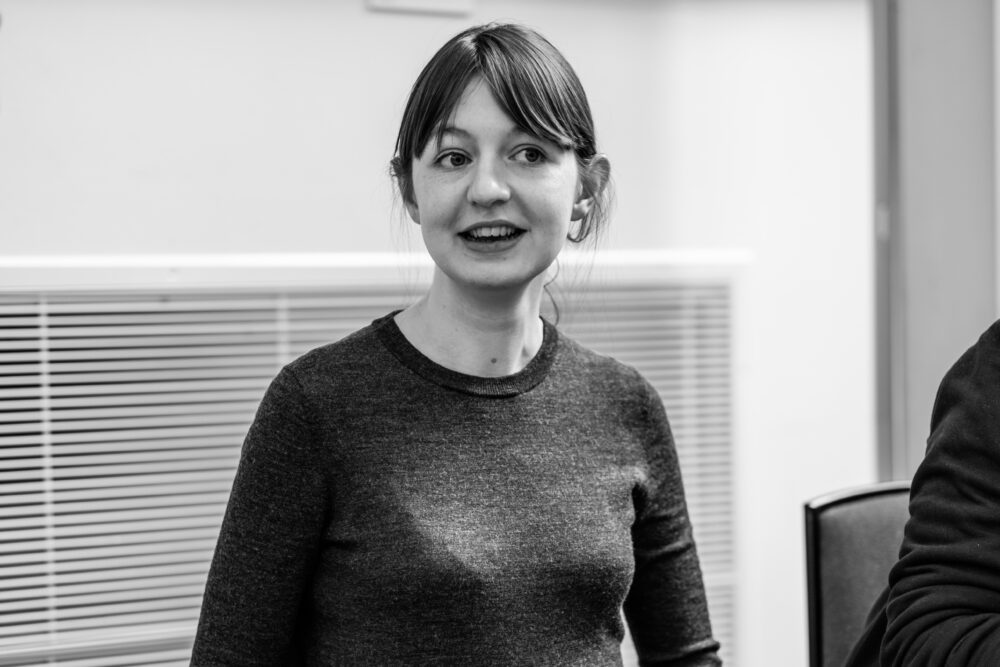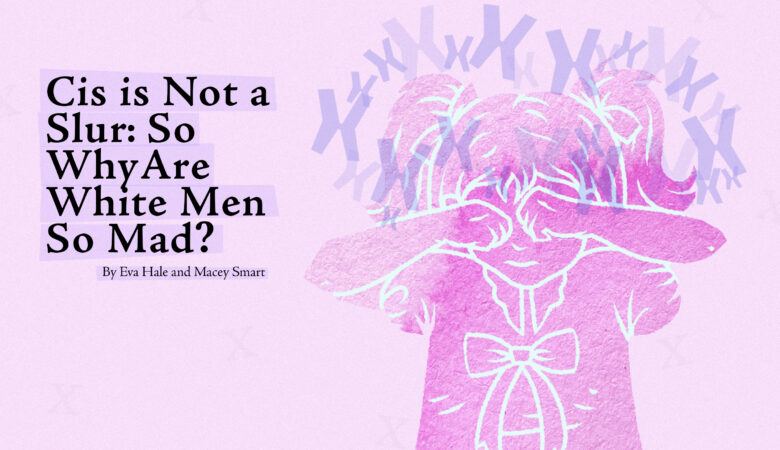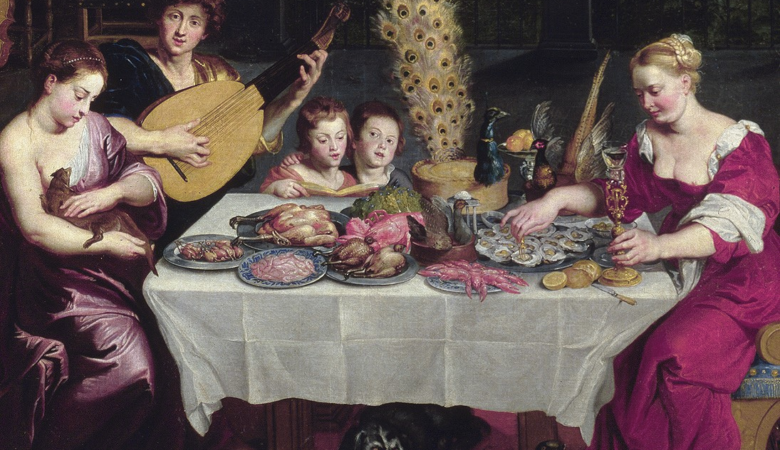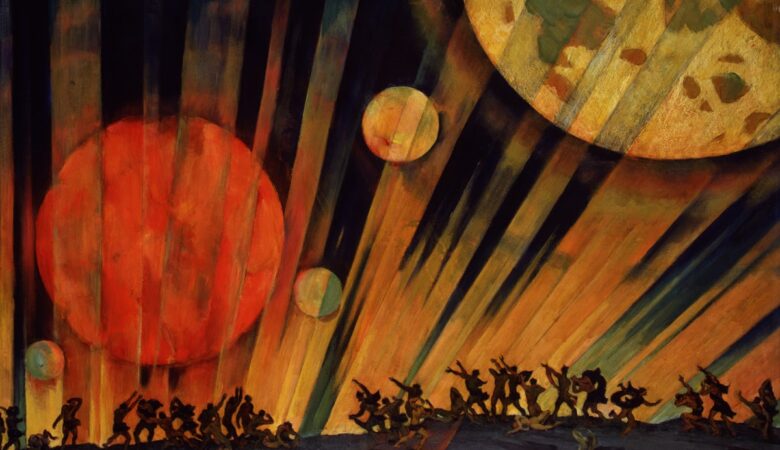Sally Rooney was publicly slandered as an anti-Semite by the British commentariat as a result of her principled decision to not allow her new book Beautiful World, Where are you? to be translated into Hebrew by Modan Publishing House. While Rooney’s decision was motivated solely by the publisher’s ties to the Israeli defence ministry, her accusers pretended it meant that she was boycotting the language of Hebrew itself. Rooney has frequently cited her support for the Boycott Divestment and Sanctions (BDS) movement as a non-violent means of protesting the mistreatment of Palestinians in Israel and in the occupied West-Bank and Gaza.
Supporters of BDS being scurrilously labelled anti-Semites is nothing new and is a routine tactic of those who seek to minimise the scale of Israeli human right abuses. What was so different about the treatment of Rooney was the willingness of many self professed “liberal” commentators to explicitly resurrect anti-Irish tropes in service of their deliberate misinterpretation of Rooney’s decision. For example, Michael Shurkin, the director of 14 North Strategies a think tank centred around “developing bespoke solutions to succeeding in Africa”, commented in a now deleted tweet that Rooney’s stance was due to “some Pre-Vatican II anti-Judaism lurking in Irish culture.” Meanwhile Ben Judah, a resident fellow at the Atlantic Council who instigated the pile-on of Rooney, stated that Ireland’s distinctive opposition to Israeli apartheid is due to “Irish Nationalist anti-imperialism associated with Sinn Fein.”
The idea that Sinn Fein are the puppet-masters of Irish opposition to Israeli human rights abuses as Ben Judah has suggested is absurd. Sinn Fein are anti-imperialist and do believe in the reunification of Ireland but so is the majority of the Irish people independent of any relationship with Sinn Fein as a party. Like the Palestinian people, the Irish too were violently dispossessed of their land, whether it was through the Ulster Plantation or Oliver Crowell’s genocidal “to hell or Connacht campaign in Ireland”. Irish solidarity for the Palestinian cause stems from the obvious parallels between Irish and Palestinian persecution, this is especially true in Northern Ireland where the Irish population has been historically disenfranchised in a similar way to Palestinians living under the thumb of Israeli occupation.
Further, Sinn Fein in 2021 are a mainstream political party. Whatever you think of Sinn Fein or the Provisional IRA, they were central to the construction of the peace-process in Northern Ireland, without Sinn Fein/PIRA participation in the talks, the Good Friday Agreement would have gone the same way as the Sunningdale agreement or other doomed “shared-rule” projects. There is also no possibility that the Provisional IRA would have been decommissioned without this participation. Since 2007, Sinn Fein have been the main nationalist party in the Northern Ireland executive and have largely conformed to political norms, such as implementing austerity after the Global Financial Crisis or choosing to publicly endorse the Police Service of Northern Ireland (PSNI) despite evidence of the continued problems of sectarianism within the force. The simple fact is that modern Sinn Fein is not the same radical republican organisation that existed during the Troubles. To attempt to de-legitimise the political party by portraying them as the same physical force republicans that they were during that era ignores all the evidence to the contrary. It is also dangerous when it is highly likely that, in the very near future, they will be the largest Party in both Northern Ireland and the South.
It is also hard to see how Sinn Fein relates to Rooney. Rooney describes herself as a Marxist but has not been particularly vocal on the constitutional position on Northern Ireland. It is also fair to assume that as a Marxist, Rooney may foster some criticisms of Sinn Fein, especially the radical posture they take in the South while in opposition, compared to the austere economic orthodoxy they have practiced in the North while in government.
Secondly, to attribute Irish people’s views to obedience to Catholic orthodoxy and the Vatican is one of the oldest and pernicious anti-Irish tropes. “Home-Rule means Rome-Rule” has been hung around the necks of Irish people since Daniel O’Connell synthesised the causes of Irish self-governance and Catholic emancipation and it has dogged leaders from James Connolly to John F Kennedy. The history of the interrelationship between the awakening of an Irish political consciousness and Catholic identity is far more complex than the sloganeering of opponents of Irish self-determination have made out.
More importantly though, it is completely irrelevant to Sally Rooney, who like many Irish women campaigned to repeal the eighth amendment (the constitutional ban on abortion) – the most strident example of Church over-reach and control over women’s lives. To conflate Irish thought, especially the thought of a progressive Irish woman, with a zealous obedience to Papal authority is not only wrong, but it erases the struggles of Irish women against the overbearing power of the Church.
The most dangerous thing about this scenario is the comfortability that these commentators feel exercising old anti-Irish tropes. To attribute all Irish support of the Palestinian people to a process of hypnotism by Sinn Fein or some baked in obedience to the Church is deeply offensive to Irish people and our identity. Further, this episode demonstrates the continued campaign to conflate solidarity with Palestinians with anti-Semitism, which is dangerous to not only the reputations of public figures, but anyone who wants to see justice in the region.
“Sally Rooney – Cambridge 2017” by Chris Boland (http://www.chrisboland.com/) is licensed under CC BY-NC-ND 2.0





